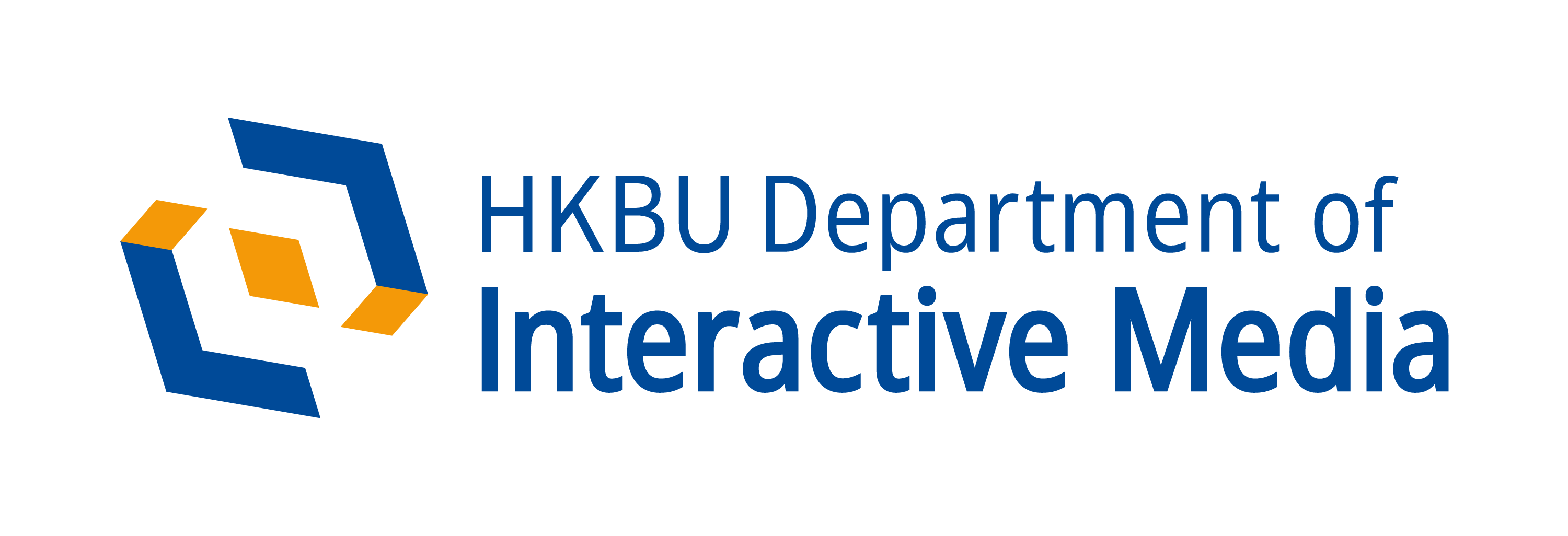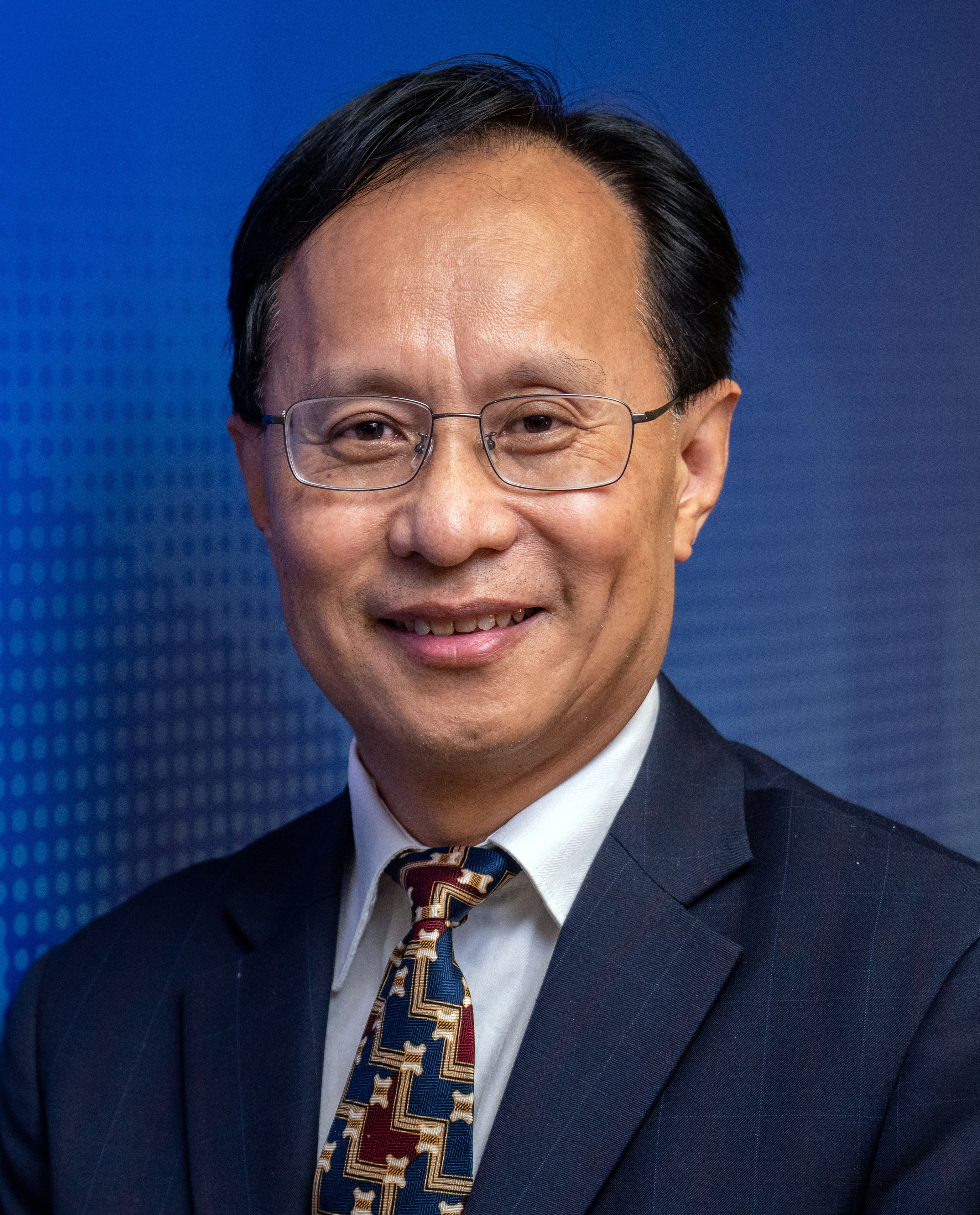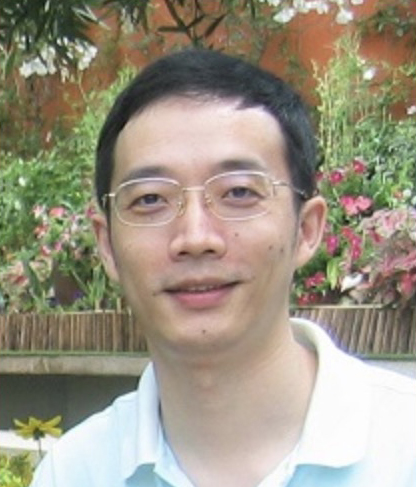SocialMeta 2023
The 2nd International Workshop on Social and Metaverse Computing and Networking In conjunction with IEEE ICDCS'23
July 18, 2023 / Hong Kong, China
Venue: Sheraton Hong Kong Hotel & Towers
While online social network services and applications have found unprecedented presence today (e.g., messaging, gaming, advertising, and recommendation), multiple novel and emerging technologies have already started to shape the next-generation online social networks, including the “metaverse”. On the one hand, Augmented/Virtual Reality (AR/VR), Internet of Things (IoT), and Multi-access Edge Computing (MEC) are bringing new mobile computing and communication paradigms for provisioning and accessing online social networks, social media, massive gaming, etc. On the other hand, Artificial Intelligence (AI) and Machine Learning (ML), characterized by recent breakthroughs of deep learning and big data, are finding successful applications to online social networks, including detecting/preventing spam, fraud, and misinformation and enhancing service experience via intelligent user interactions (e.g., recognition) with texts, images, and voices. Yet, how to exploit and synergize all such state-of-the-art technologies to revolutionize online social networks is still in its infancy and demands comprehensive investigation and research.
The goal of the 2nd International Workshop on Social and Metaverse Computing and Networking (SocialMeta) is to bring together scientists, researchers, engineers, and practitioners to identify new problems and discuss the latest research ideas and results, especially those related to novel and emerging technologies, regarding online social networks and the metaverse. SocialMeta focuses on all aspects of online social networks and the metaverse, including architecture, design, implementation, measurement, modeling, algorithm, analysis, and theory. The topics include but are not limited to the following:
- Mobile and location-based online social networks and the AR/VR-based metaverse
- Reputation, incentives, and economics in online social networks and the metaverse
- Security and privacy in online social networks and the metaverse
- AR/VR, IoT, wearables, and crowdsourcing for online social networks and the metaverse - Cloud, edge, SDN, and NFV for online social networks and the metaverse
- Non-terrestrial networks, UAV, and 5G/6G for online social networks and the metaverse
- AI/ML, data science, and blockchains for online social networks and the metaverse
- Measurement of online social network and metaverse systems and applications
- Modeling, algorithms, and theories for online social networks and the metaverse


SPONSERS

Prof. Bu Zhong

Dr. Xueyan Tang
Tuesday, July 18, 2023
Venue: Sheraton Hong Kong Hotel & Towers
All times listed in Hong Kong time
9:10-9:30 Keynote 1
Exploring Online Social Networks: Synergizing Emerging Technologies with Social Science Perspectives
Prof. Bu Zhong (Hong Kong Baptist University)
9:30-10:30 Keynote 2
Influence Analysis and Estimation in Social Advertising
Dr. Xueyan Tang (Nanyang Technological University)
10:30-11:10 Panel Discussion
The Role of Interdisciplinary Collaboration Between Computer Science and Social Science in Addressing Societal Challenges
11:15-12:15 Session 1
Session Chair: Dr. Shuai Wang
Network Traffic in the Metaverse: The Case of Social VRAhmad Alhilal (Hong Kong University of Science and Technology), Kirill Shatilov (Hong Kong University of Science and Technology), Gareth Tyson (Hong Kong University of Science and Technology), Tristan Braud (Hong Kong University of Science and Technology) and Pan Hui (Hong Kong University of Science and Technology (Guangzhou))
The Future of Work: Do We Need Interactive and Collaborative Offices? The Most Interesting Survey in a Post-Covid WorldZhuo Huang, Hanjing Wang and Xinrui Shi (Hong Kong Baptist University)
Learning-based Incentive Mechanism for Task Freshness-aware Vehicular Twin MigrationJunhong Zhang (Guangdong University of Technology), Jiangtian Nie (Nanyang Technological University), Jinbo Wen (Guangdong University of Technology), Jiawen Kang (Guangdong University of Technology), Minrui Xu (Nanyang Technological University), Xiaofeng Luo (Guangdong University of Technology) and Dusit Niyato (Nanyang Technological University)
14:00-15:00 Session 2
Session Chair: Dr. Jingpu Duan
iCOIL: Scenario Aware Autonomous Parking Via Integrated Constrained Optimization and Imitation LearningLexiong Huang (SIAT, Chinese Academy of Sciences), Ruihua Han (University of Hong Kong), Guoliang Li (SIAT, Chinese Academy of Sciences), He Li (University of Macau), Shuai Wang (SIAT, Chinese Academy of Sciences), Yang Wang (SIAT, Chinese Academy of Sciences) and Chengzhong Xu (University of Macau)
Emulating High-performance Networks with CNNetYang Peng (Southern University of Science and Technology), Yupeng Xiao (Southern University of Science and Technology), Jingpu Duan (Pengcheng Laboratory), Xiaoxi Zhang (Sun Yat-sen University) and Weichao Li (Pengcheng Laboratory)
The Metaverse: Exploring the Convergence of Technologies and Social DynamicsChao Wu and Yujia Li (Zhejiang University)
15:15-15:55 Session 3
Session Chair: Mr. Yifeng Luo
Empowering the Metaverse with Generative AI: Survey and Future DirectionsHua Xuan Qin and Pan Hui (Hong Kong University of Science and Technology (Guangzhou))
Embedding the Social Value in Algorithmic Innovation and Companies Competitiveness: Evidence from the Food-delivery Platforms in ChinaLiwei Chen (Fudan University), Xin Gao (Tsinghua University), Jingjing Qu (Shanghai AI Lab) and Lin Tang (Shanghai Jiao Tong University)
-
Please use the following link to register for SocialMeta'23: https://cvent.me/rkR59E
-
About the registration fee, please refer to ICDCS webpage: https://icdcs2023.icdcs.org/registration/
Important Dates
Submission deadline
February 28, 2023
March 18, 2023 (AoE)Notification due
April 10, 2023
April 17, 2023Camera-ready paper due
May 8, 2023
End of MayWorkshop
Authors are encouraged to submit papers describing original and unpublished research, not currently under review in other venues, addressing state-of-the-art research and development in all aspects of mobile computing, online social networks, or the intersection of both. In particular, innovative, early-stage ideas and preliminary results are welcome. The length of the paper must be no more than 6 pages in the IEEE double-column format, including references. The first page must contain an abstract, the name(s) and affiliation(s) of the author(s). Each submission will receive at least three independent, blind peer reviews from the program committee. At least one of the authors of every accepted paper must register and present the paper at the workshop.
Steering Committee:
- Xiaoming Fu (Georg-August-Universität Göttingen, Germany)
- Pan Hui (The Hong Kong University of Science and Technology, Hong Kong)
- Vassilis Kostakos (University of Melbourne, Australia)
- Jörg Ott (Technical University of Munich, Germany)
- Antonia Tulino (New York University, USA; University of Naples Federico II, Italy)
- Sasu Tarkoma (University of Helsinki, Finland)
General Chairs:
- Yang Chen (Fudan University, China)
- Lei Jiao (University of Oregon, USA)
TPC Chairs:
- Yupeng Li (Hong Kong Baptist University, Hong Kong)
- Zehui Xiong (Singapore University of Technology and Design, Singapore)
TPC Members:
- Felix Beierle (University of Würzburg, Germany)
- Wei Cai (The Chinese University of Hong Kong, Shenzhen, China)
- Junyang Chen (Shenzhen University, China)
- Shenghui Cheng (WestLake University, China)
- Mingzhe Chen (University of Miami, USA)
- Dimitrios Chatzopoulos (University College Dublin, Ireland)
- Hong-Ning Dai (Hong Kong Baptist University, Hong Kong)
- Jingpu Duan (Peng Cheng Laboratory, Shenzhen, China)
- Qingyuan Gong (Fudan University, China)
- Jianxiong Guo (Beijing Normal University, China)
- Zehua Guo (Beijing Institute of Technology, China)
- Kai Han (The University of Hong Kong, Hong Kong)
- Zhenhua Han (Microsoft Research Asia)
- Huawei Huang (Sun Yat-sen University, China)
- Yidan Hu (Rochester Institute of Technology, USA)
- Jingkun Hu (Worldmoney Blockchain Management Co., Limited, Hong Kong)
- Zhicong Lu (City Unversity of Hong Kong, Hong Kong)
- Lik-Hang Lee (The Hong Kong Polytechnic University, Hong Kong)
- Bin Li (The Pennsylvania State University, USA)
- Feng Liang (Shenzhen MSU-BIT University, China)
- Li Liu (The Hong Kong University of Science and Technology (Guangzhou), China)
- Xiaofan Liu (City Unversity of Hong Kong, Hong Kong)
- Xuan Ning (BNU-HKBU United International College, China)
- Kai Shu (Illinois Institute of Technology, USA)
- Xiang Su (Norwegian University of Science and Technology, Norway)
- Xueyan Tang (National University of Singapore, Singapore)
- Haisheng Tan (University of Science and Technology of China, China)
- Guangmo Tong (University of Delaware, USA)
- Yanlin Wang (Sun Yat-sen University, China)
- Shuai Wang (SIAT, Chinese Academy of Sciences, China)
- Shiqiang Wang (IBM T. J. Watson Research Center, USA)
- Cheng-Jun Wang (Nanjing University, China)
- Xiaohui Wang (City Unversity of Hong Kong, Hong Kong)
- Chao Wu (Zhejiang University, China)
- Shuai Xu (Nanjing University of Aeronautics and Astronautics, China)
- Haoran Yu (Beijing Institute of Technology, China)
- Min Yang (SIAT, Chinese Academy of Sciences, China)
- Yali Yuan (Southeast University, China)
- Eiko Yoneki (University of Cambridge, UK)
- Yang Zhang (CISPA Helmholtz Center for Information Security, Germany)
- Pengyuan Zhou (University of Science and Technology of China, China)
- Yifei Zou (Shandong University, China)
- Yong Zhang (SIAT, Chinese Academy of Sciences, China)
- Xiaoxi Zhang (Sun Yat-sen University, China)
Web Chair:
- Yifeng Luo (Hong Kong Baptist University, Hong Kong)
Publicity Chair:
- Dacheng Wen (The University of Hong Kong, Hong Kong)
SocialMeta is in fact a successor of our previous workshop series, HotPOST, which refers to "Hot Topics in Pervasive Mobile and Online Social Networking". HotPOST has been held annually in 2009-2020, which was in conjunction with ACM MobiHoc and IEEE ICDCS in 2012-2017 and with IEEE INFOCOM in 2018-2020.
- SocialMeta'22, co-located with IEEE ICDCS'22
- HotPOST'20, co-located with IEEE INFOCOM'20
- HotSALSA'19, co-located with IEEE INFOCOM'19
- HotPOST'18, co-located with IEEE INFOCOM'18
- HotPOST'17, co-located with IEEE ICDCS'17
- HotPOST'16, co-located with ACM MobiHoc'16
- HotPOST'15, co-located with ACM MobiHoc'15
- HotPOST'14, co-located with IEEE ICDCS'14
- HotPOST'13, co-located with IEEE ICDCS'13
- HotPOST'12, co-located with IEEE ICDCS'12

